Auctions
artnet News’ Top 10 Most Expensive Living British Artists
Who are the most expensive living British artists? We crunched the auction data.
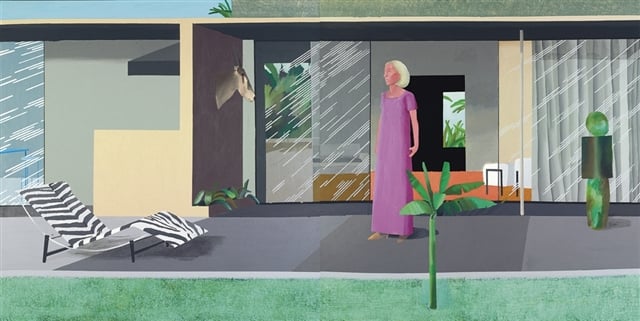
Who are the most expensive living British artists? We crunched the auction data.

Coline Milliard

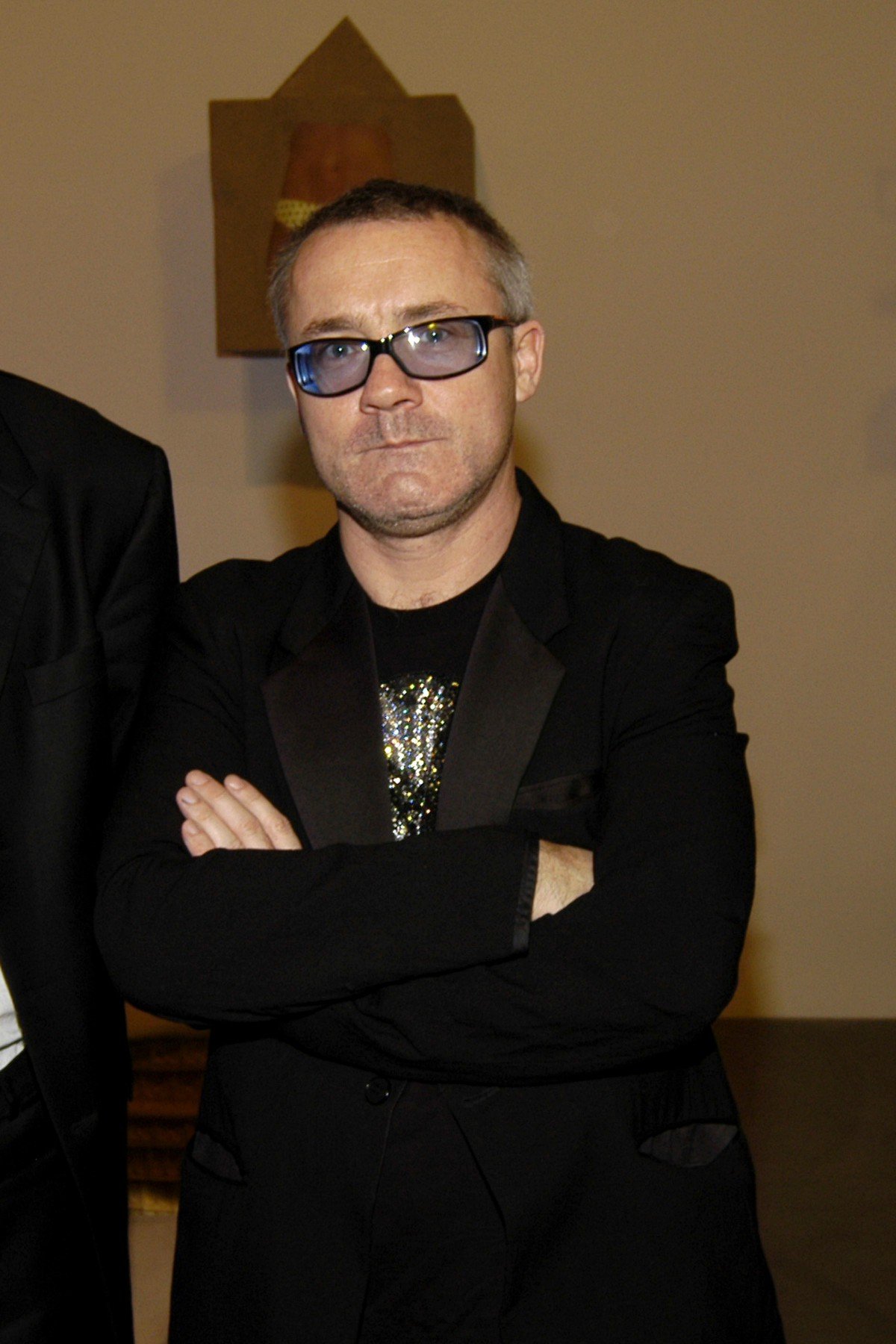
Damien Hirst at Keith Tyson opening at Pace Wildenstein and after-party, September 7, 2007
Photo: © Patrick McMullan.
It’s official, the art market is picking up after years spent in a post-crash lull. According to TEFAF’s much discussed annual art market report, 2013 was the second best year on record, grossing €47.42 billion ($65.45). It was topped only by 2007, the vintage year of the last bubble. In this new series, artnet News zooms in on the artists who are driving the upward trend. First stop, British artists.
Who are the British artists who have achieved the highest prices at auction? Painting—which remains collectors’ favorite medium—unsurprisingly dominates these record sales and so do the Young British Artists. It worth noting that half of these records were set post-2008, a real testament to the buoyancy of the art market at the higher end of the scale.
1. Damien Hirst
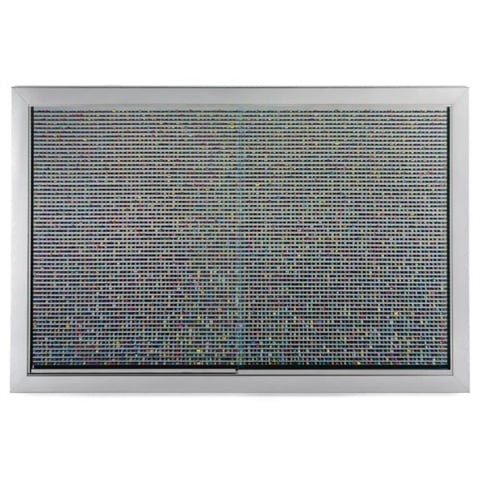
Damien Hirst, Lullaby Spring (2002)
When one thinks of Hirst’s auction history, the Sotheby’s sale Beautiful Inside My Head Forever, which generated a staggering £111,576,800 (US$ 185,407,582), immediately comes to mind. But his record was set the year before, with his 2002 cabinet Lullaby Spring, over 6,000 hand-painted pills in a cabinet which fetched $19,230,922 at Sotheby’s London (all prices include buyer’s premium). At the time, the sale made Hirst the most expensive living artist in Europe. He has since then been outshone by Gerhard Richter.
2. Peter Doig
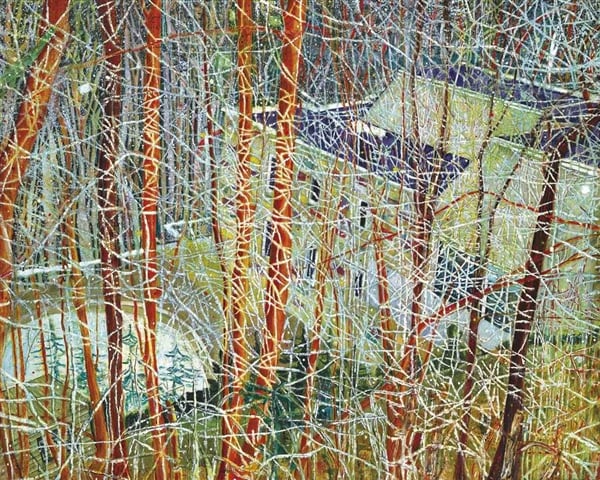
Peter Doig, The Architect’s Home in the Ravine (1991)
Although from the same generation, Hirst and Doig could not be more different. While the former is all about conceptual statements, the latter has developed a thoughtful painting practice with pleasant aesthetic qualities. Hirst has always flirted with the media, while the Scottish-born Doig spends most of his time far from the limelight, in Trinidad, where he lived as a child and calls home. Doig’s record is for his expressive The Architect’s Home in the Ravine, a 1991 painting featuring a house seen through a mesh of vegetation. It sold for $11,899,378 at Christie’s London in 2013.
3. Glenn Brown
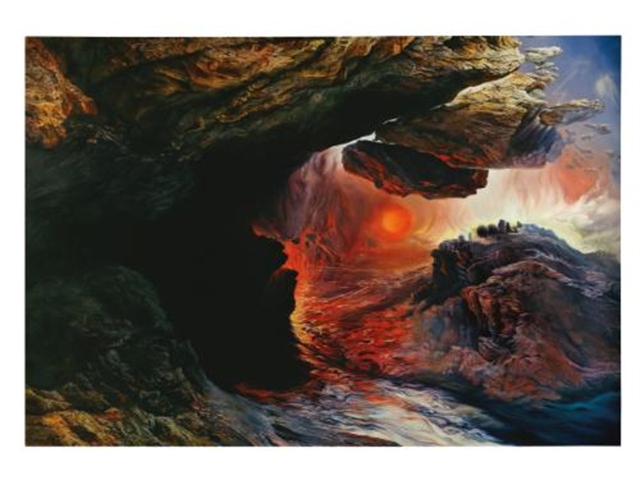
Glenn Brown, The Tragic Conversion of Salvador Dalí (after John Martin) (1998)
Brown has developed a unique style of painting, appropriating and reinventing the works of other artists such as Auerbach, Fragonard, and Dalí. The record for his work was achieved with The Tragic Conversion of Salvador Dalí (after John Martin), a 1988 piece inspired by 19th century painter of apocalypse scenes John Martin. The painting was included in the recent John Martin exhibition at Tate Britain, where the owner was named as London dealer Ivor Braka. It sold for $8,110,651 at Sotheby’s London in 2012, more than twice its presale estimate and four times the artist’s previous record.

David Hockney, Beverly Hills housewife (diptych) (1966–67)
The godfather of British Pop Art David Hockney may dabble in iPad art, but it’s not what fetches top dollar. His record was set in 2009 at Christie’s New York with the sale of his portrait of American collector and philanthropist Betty Freeman for $7,922,500. Entitled Beverly Hills housewife (diptych), the picture was painted between 1966 and 1967, when the artist visited Freeman to paint her swimming pool in a series of work that became known as the California Dreaming series. The portrait remained in Freeman’s collection until her death in 2009.
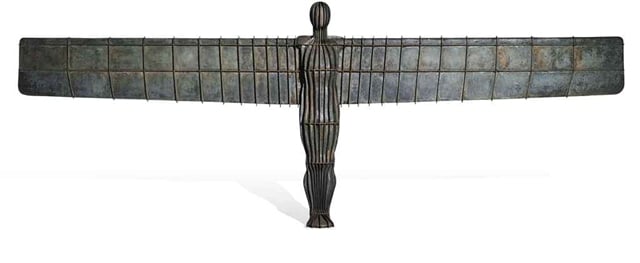
Antony Gormley, Angel of the north (maquette) (1996)
Gormley’s 20 meter-high Angel of the North in Gateshead, England, is Britain’s most popular public artwork—one that is seen everyday by an estimated 90,000 people (most of them driving by). Built between 1994 and 1998, it cost a relatively modest total £800,000 ($1.34 million). In contrast, Gormley’s record is for a 1996 maquette of the Angel, which fetched $5,376,620 in 2011 at Christie’s London.
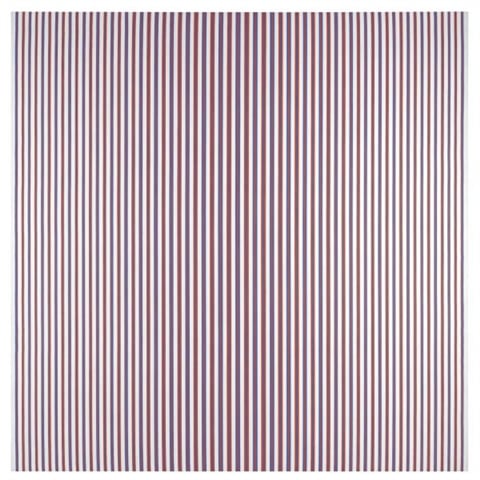
Bridget Riley, Chant 2 (1967)
Riley’s body of work has the winds in its sails—and it was overdue. The Riley market has for too long remained undervalued in comparison with those of other (usually male) modern giants. Her record was set with the seminal painting Chant 2 (1967). The piece, which sold for $5,104,125 in 2008 at Sotheby’s London, was the artist’s first artwork exclusively in color, after years spent experimenting in black and white.
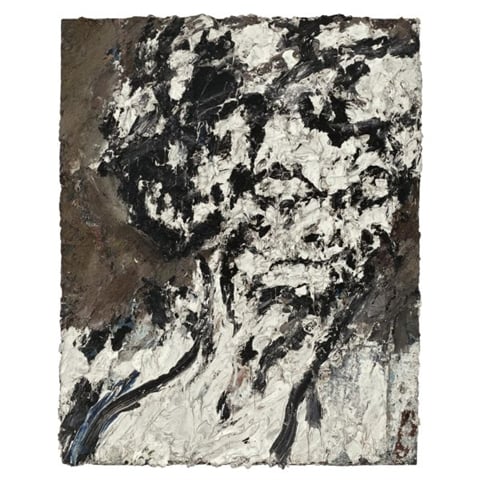
Frank Auerbach, Head of Helen Gillespie (1963)
Success came late in life for Auerbach, the only artist from the so-called “School of London” to make it into our top 10. “Through early middle age I would wake up in the night wondering how I would be able to afford materials to paint,” he told the Financial Times in an interview. Those days are long gone. The Auerbach market has greatly benefited from the spectacular rise in popularity of Modern British art, spearheaded by Francis Bacon and Lucian Freud. Auerbach’s record is for the 1963 Head of Helen Gillespie, which fetched a handsome $3,876,544 in 2008 at Sotheby’s London.
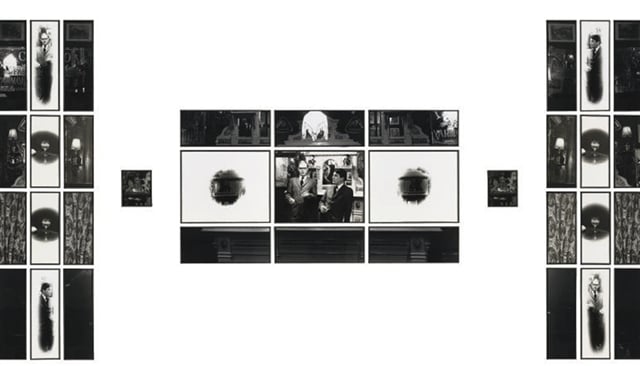
Gilbert and George, To her majesty (in 37 parts) (1973)
Part of the Drinking Sculptures series, the 37-part gelatin silver print To Her Majesty (1973) marked a turning point in the British duo’s creative output. Gilbert and George had found fame with their performance The Singing Sculpture, and were looking for ways to extend this performative work. To Her Majesty, which sold for $3,767,198 at Christie’s London in 2008, documents one of their notorious drinking bouts. “The artists drink, but they do sober pictures,” George has said, “So we did drinking sculptures, true to life.”
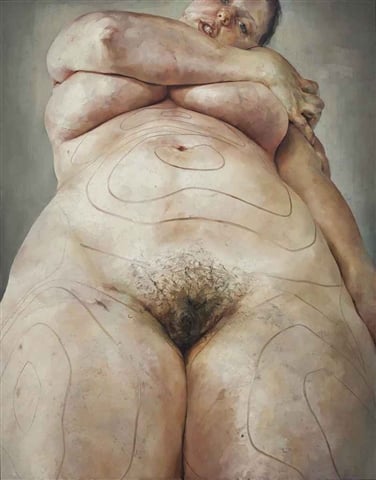
Jenny Saville, Plan (1993)
The record for Jenny Saville—another Young British Artist that has chosen to keep a rather low profile compared to some of her counterparts—was set by a piece of history. Plan (1993) is a self-portrait, picturing the artist’s naked body seen from underneath. The awkward perspective makes it look enormous and misshapen. Lines on the stomach suggest areas to be “treated” with liposuction. Commissioned by Charles Saatchi when the artist was still in her early twenties, Plan was shown in the now-legendary Sensation at the Royal Academy in 1997, an exhibition that greatly contributed to defining the YBA generation. It sold for $3,491,681 last month at Christie’s London.
10. Allen Jones
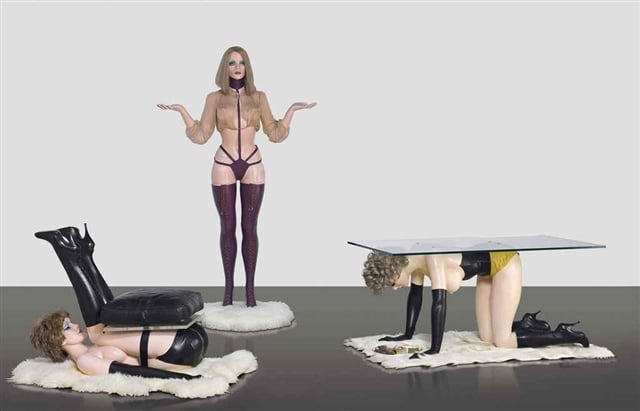
Allen Jones, Hatstand, Table and Chair (i) Hatstand (ii) Table (iii) Chair (3 works) (1969)
Most will be familiar with this bondage furniture—hatstand, table, and chair made with mannequins in leather gear—from the scandal that erupted when über-patron Dasha Zhukova was photographed sitting in one of the chairs shaped like a tied up a black woman. This was only a pastiche by the serial provocateur Bjarne Melgaard. Jones’ record was for the original set of pieces. Produced in 1969 and featuring white women, they are the most iconic works by the British Pop art oddball. The lot sold for $3,371,018 in 2013 at Christie’s London.